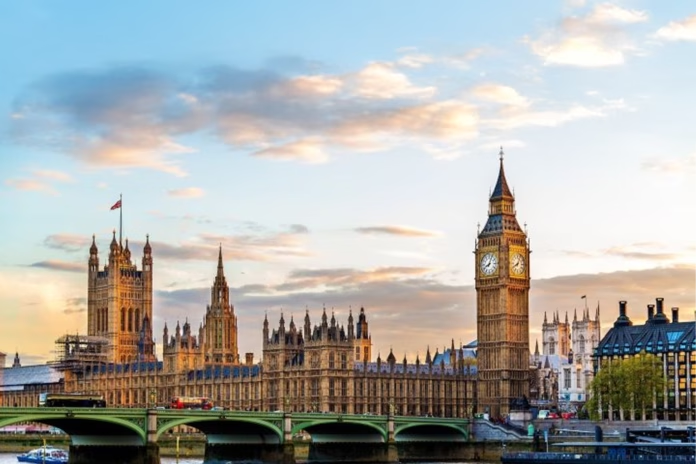Government will consult on detailed proposals for changes to the Community Infrastructure Levy (CIL) regime. Proposals will include removing restrictions on Section 106 pooling towards a single piece of infrastructure under some circumstances; speeding up the process of setting and revising CIL; allowing authorities to set rates which better reflect the uplift in land values between a proposed and existing use; changing indexation of CIL rates to house price inflation, rather than build costs; and allowing combined authorities and planning joint committees with statutory plan-making functions to levy a strategic infrastructure tariff.
Most read in
- IFRS 9 override extended to 2029 for existing investments(37 views)
- Richard Harbord: section 114 was never meant for today’s crisis(24 views)
- After EFS: Worcestershire s151 Phil Rook on the uncertain road to financial resilience(24 views)
- New: LGPS regional investment special report(21 views)
- Westminster borrows £235m over 42 years to acquire temporary accommodation – an ‘innovative’ solution or should government do more?(20 views)
- ‘Golden opportunity to turn ship around’ must not be squandered in Spending Review, say London boroughs(19 views)
- The rise of the senior LGPS officer: how will the new role impact funds?(18 views)
- The government’s push to merge pools lacks transparency(17 views)
- Room151 LGPS podcast: investing in venture capital climate solutions(16 views)
- Yes Minister: Treasury ‘confident’ LGPS pool’s FCA authorisations can be achieved by March 2026(14 views)
More from
Conrad Hall: a central/local tension is the cause of the financial crisis – not funding
The local government financial crisis has not been caused by a lack of funding: that’s just a symptom of the inherent conflict of having independent local authorities within a highly centralised state, argues Conrad Hall.












